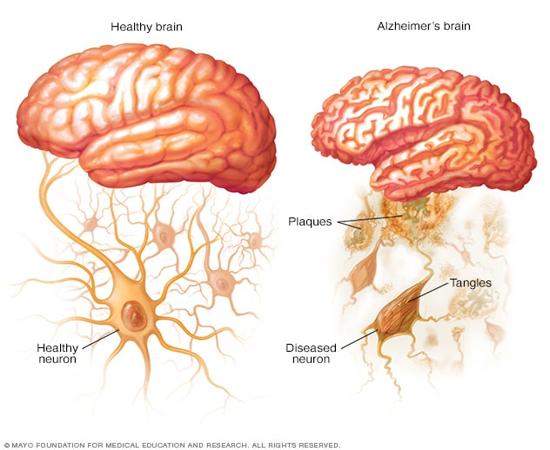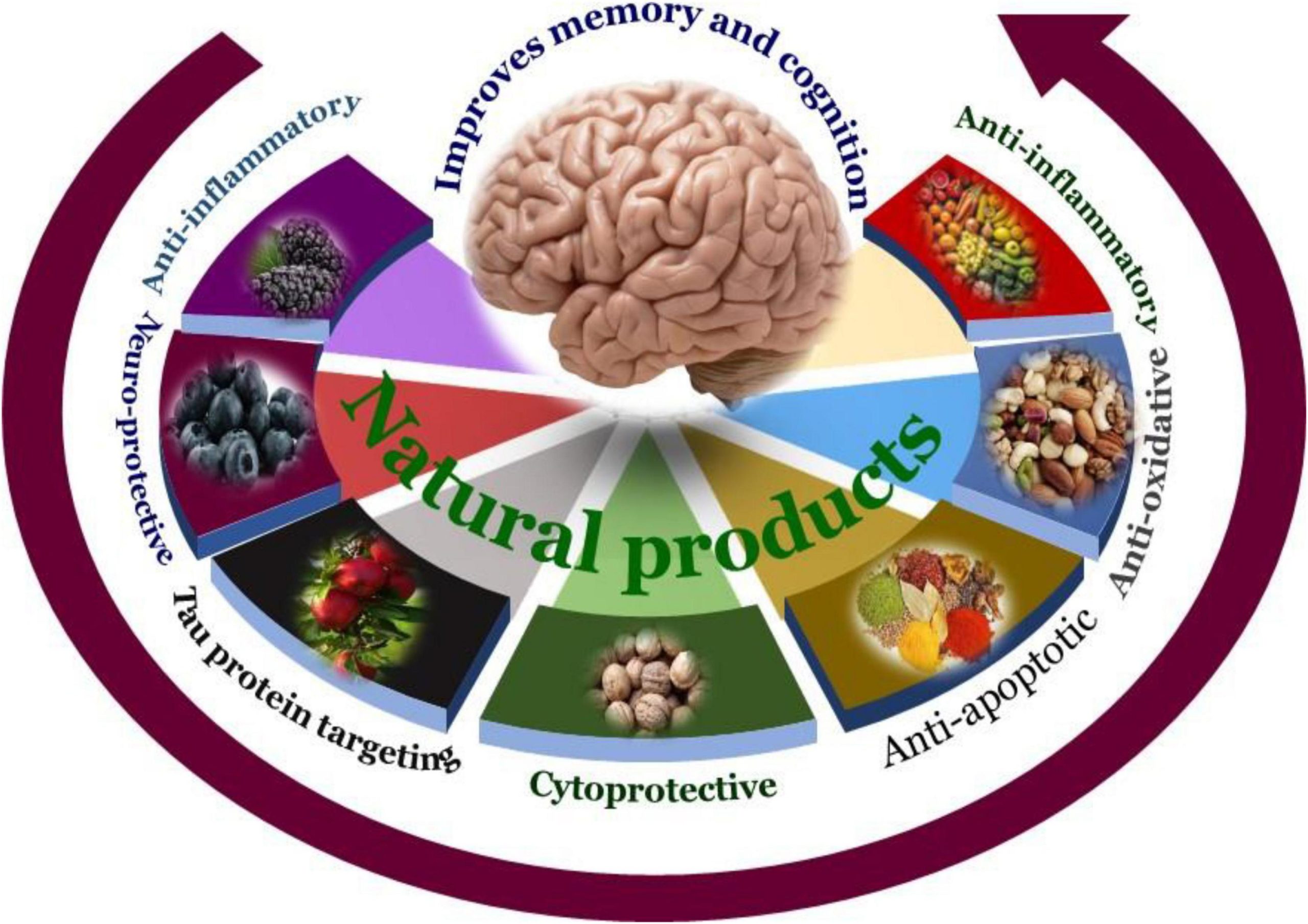Introduction
Alzheimer’s Dementia Brain Health is a topic that is of utmost importance as we continue to learn more about the effects of Alzheimer’s disease on the brain. Maintaining a healthy brain is essential in not only preventing Alzheimer’s dementia but also in managing the symptoms of the disease. In this article, we will discuss the benefits of prioritizing brain health, provide detailed explanations on how Alzheimer’s and dementia affect the brain, address frequently asked questions, and conclude with the importance of caring for the brain in relation to Alzheimer’s dementia.
Benefits of Prioritizing Brain Health
When it comes to Alzheimer’s Dementia Brain Health, there are numerous benefits to prioritizing the well-being of your brain. A healthy brain can help reduce the risk of developing Alzheimer’s disease and other forms of dementia. Additionally, maintaining brain health can help improve cognitive function, memory, and overall quality of life. By taking steps to care for your brain, you can also promote better mental and emotional well-being.
Detailed Explanation
Alzheimer’s disease and dementia are neurodegenerative disorders that affect the brain. Alzheimer’s disease, in particular, is characterized by the buildup of plaques and tangles in the brain, which can lead to the death of nerve cells and the progressive decline of cognitive function. Dementia, on the other hand, is a group of symptoms that affect memory, thinking, and social abilities severely enough to interfere with daily functioning. Both conditions have a profound impact on the brain and can result in significant changes in cognition and behavior.
Frequently Asked Questions
1. How does Alzheimer’s disease affect the brain?
Alzheimer’s disease primarily affects the hippocampus, the region of the brain responsible for memory and learning. As the disease progresses, it spreads to other areas of the brain, leading to widespread damage and cognitive decline.
2. What is the connection between dementia and the brain?
Dementia is a broad term that refers to a decline in cognitive function severe enough to interfere with daily life. It is caused by damage to brain cells, which can be the result of various conditions, including Alzheimer’s disease.
3. How can I support brain health in a person with Alzheimer’s disease?
Encouraging a healthy lifestyle, engaging in cognitive activities, and providing a supportive environment are all ways to support brain health in individuals with Alzheimer’s disease.
4. What are the long-term effects of Alzheimer’s disease on the brain?
Alzheimer’s disease can have profound and lasting effects on the brain, leading to significant cognitive decline, memory loss, and changes in behavior and personality.
5. Are there any treatments available to support brain health in individuals with dementia?
While there is currently no cure for Alzheimer’s disease or dementia, there are treatments available to help manage symptoms and support brain health. These may include medication, therapy, and lifestyle modifications.
Conclusion
In conclusion, alzheimer’s dementia brain health is a critical aspect of managing and understanding the impact of Alzheimer’s disease and dementia on the brain. By prioritizing brain health, individuals can reduce the risk of developing these conditions and improve overall cognitive function and quality of life. It is essential to seek support from healthcare professionals and caregivers to ensure the best possible outcomes for those affected by Alzheimer’s disease and dementia.


